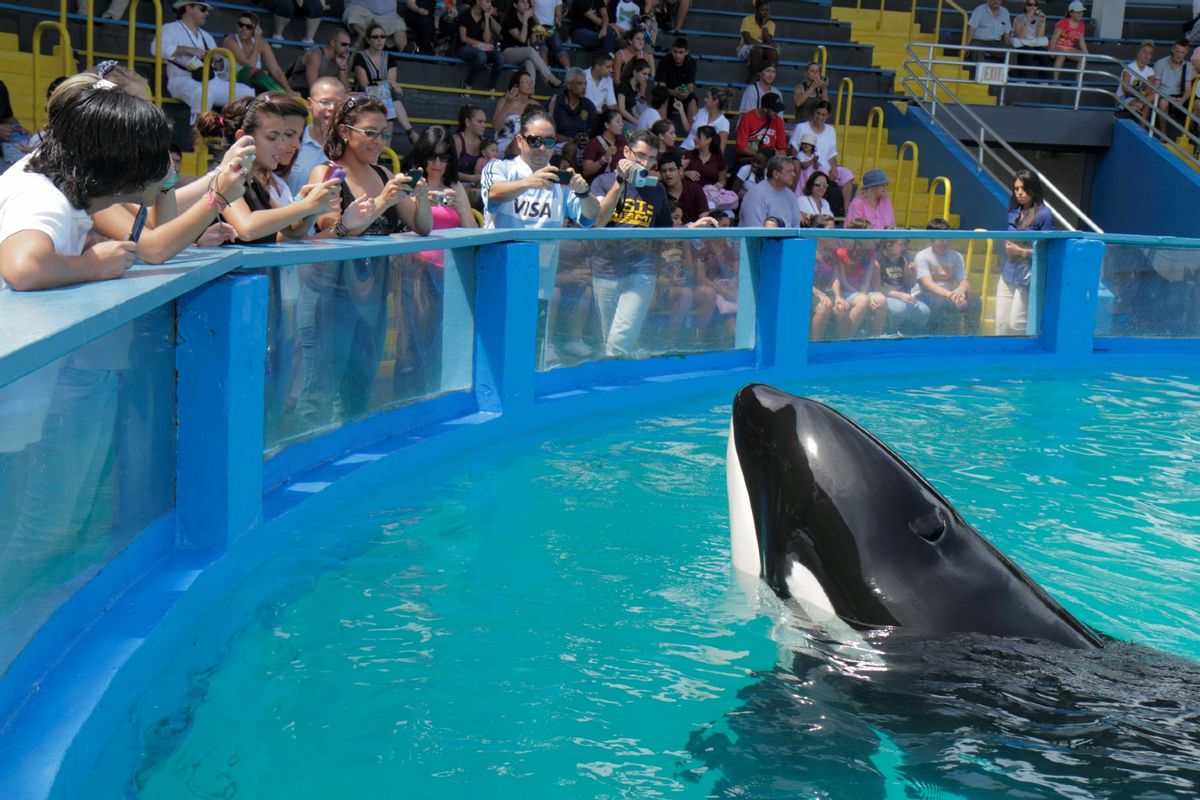Lolita the orca (also known as Tokitae or Toki) passed away at the start of this weekend after nearly 53 years of isolated captivity at the Miami Seaquarium. Per a statement from her handlers, they presume that the cause of death was a suspected renal condition.
According to animal rights activists sourced by The Washington Post, Lolita was violently captured at Penn Cove, near Washington state's coast, on Aug. 8, 1970, at about the age of four. Per their coverage of her death, it's highlighted that while this capture marked the end of her freedom, she faired better than several other killer whales that drowned during attempts to snatch them up along with her.
After being sold to the Miami Seaquarium, she shared her small enclosure with a male orca named Hugo for the first decade of her captivity. In 1980, Hugo died from a brain aneurysm after an extended period of banging his head against the tank's spectator glass during fits of depression. From then on, Lolita circled the tank completely alone when not performing for ticket buyers. In March, a plan was made by the aquarium's owner, The Dolphin Company; the nonprofit Friends of Toki; and Jim Irsay, owner of the NFL's Indianapolis Colts to release her back into the wild, where her mother is thought to still be thriving to this day, but she never made it. Per their timeline, she was to be released in roughly two years.



Shares